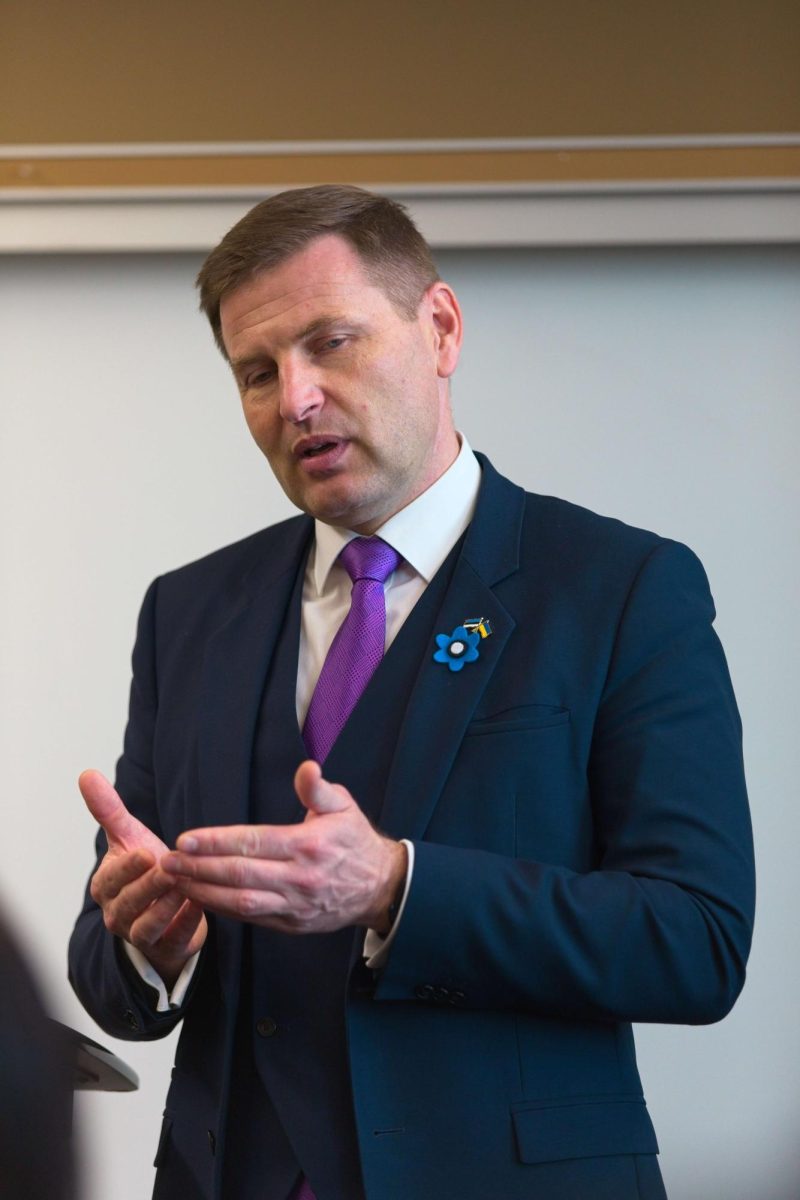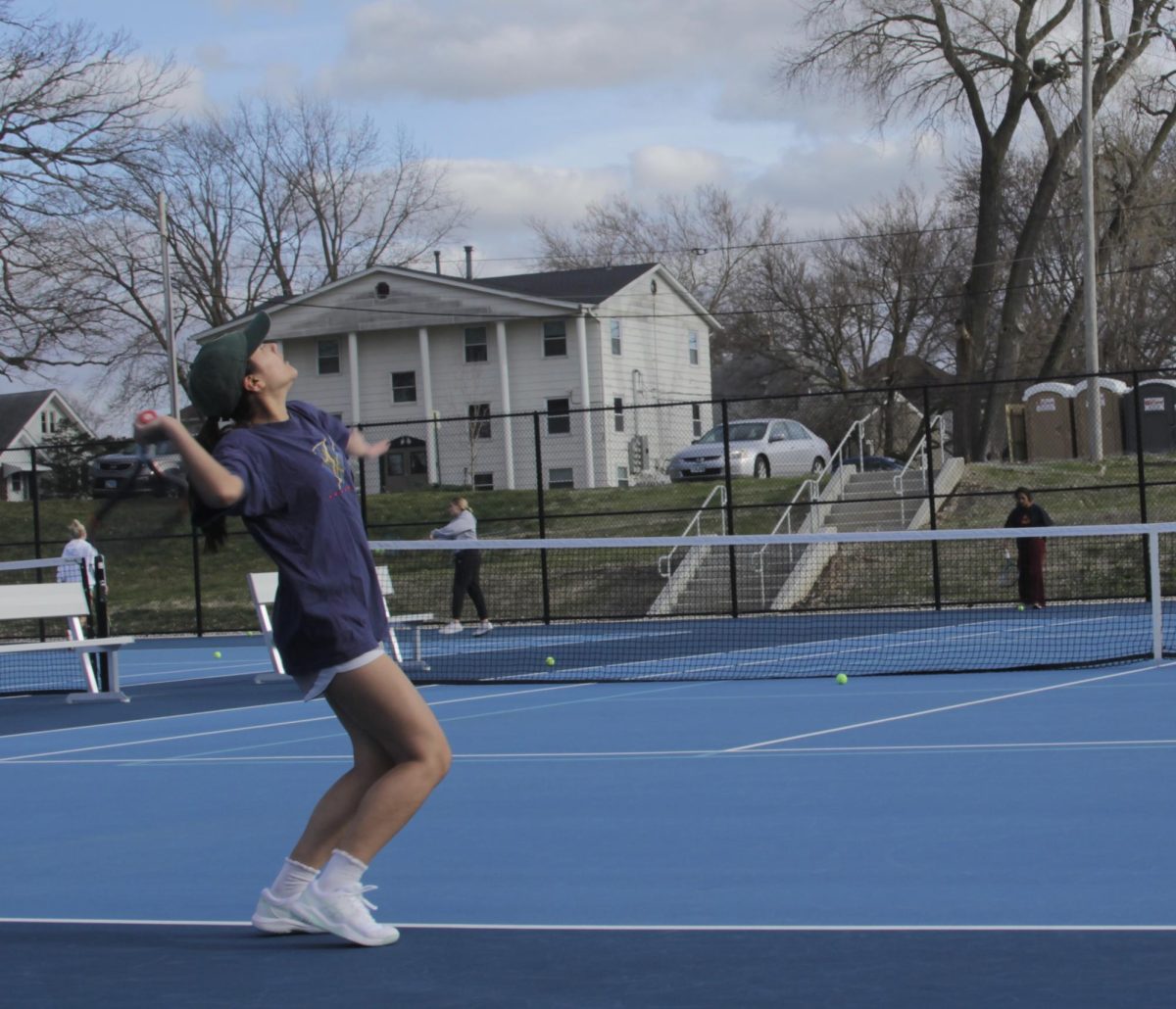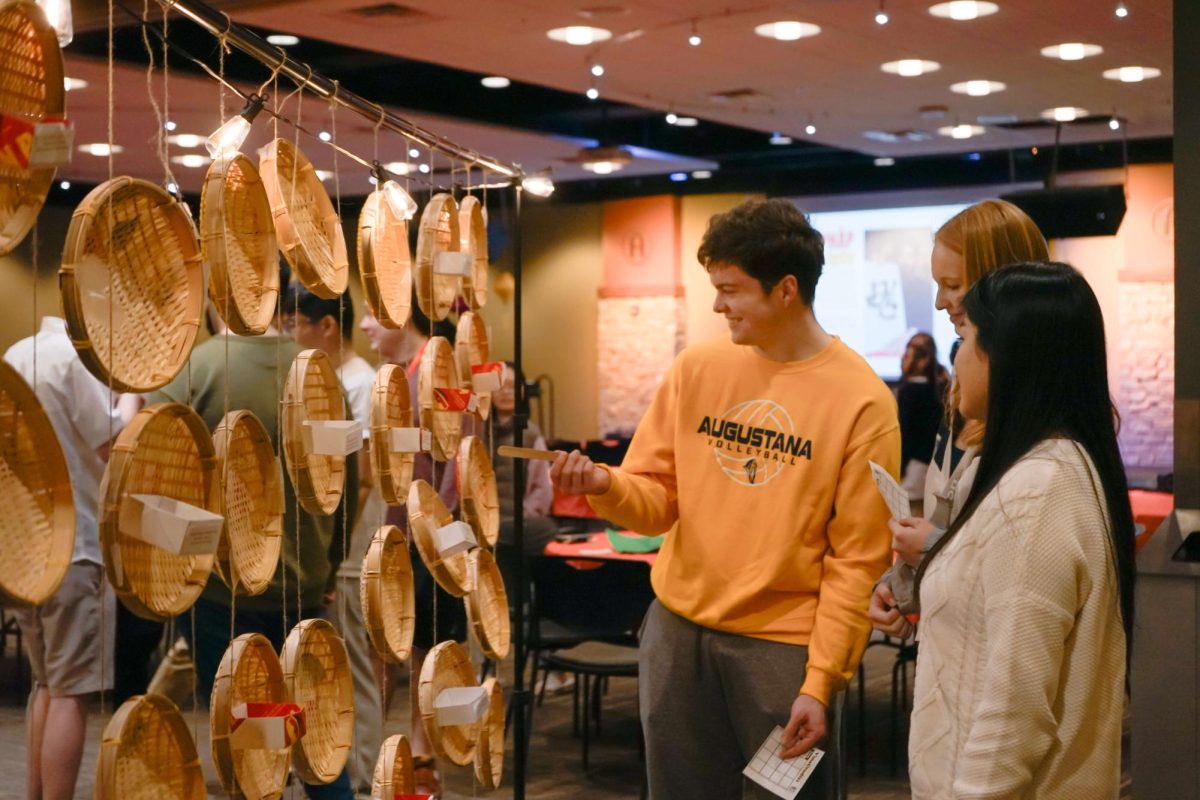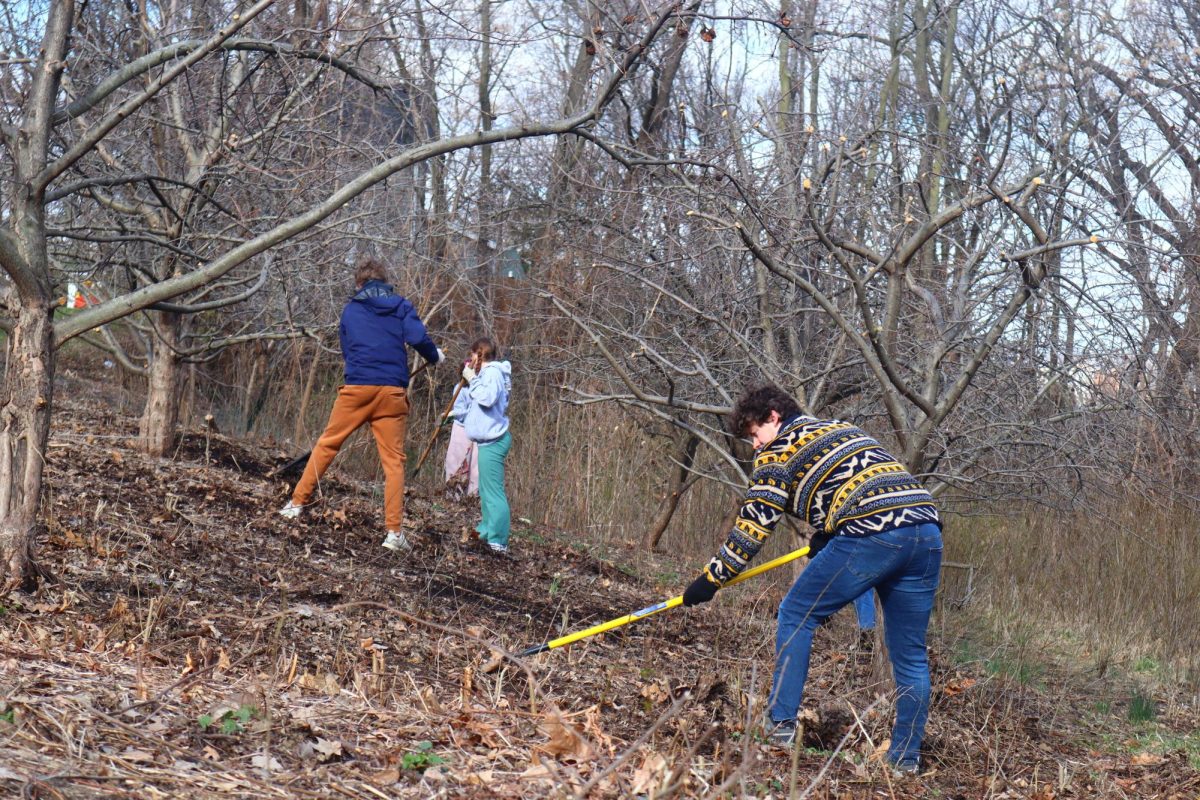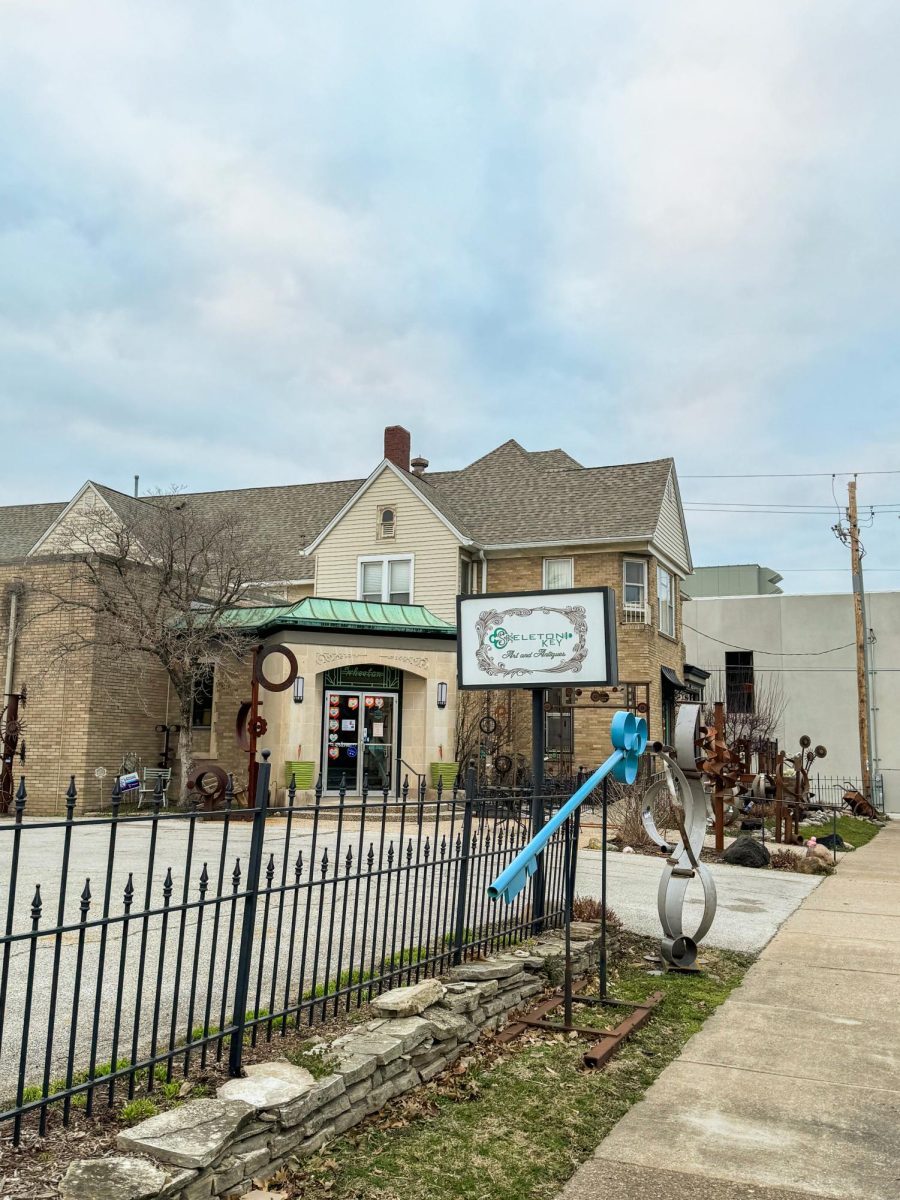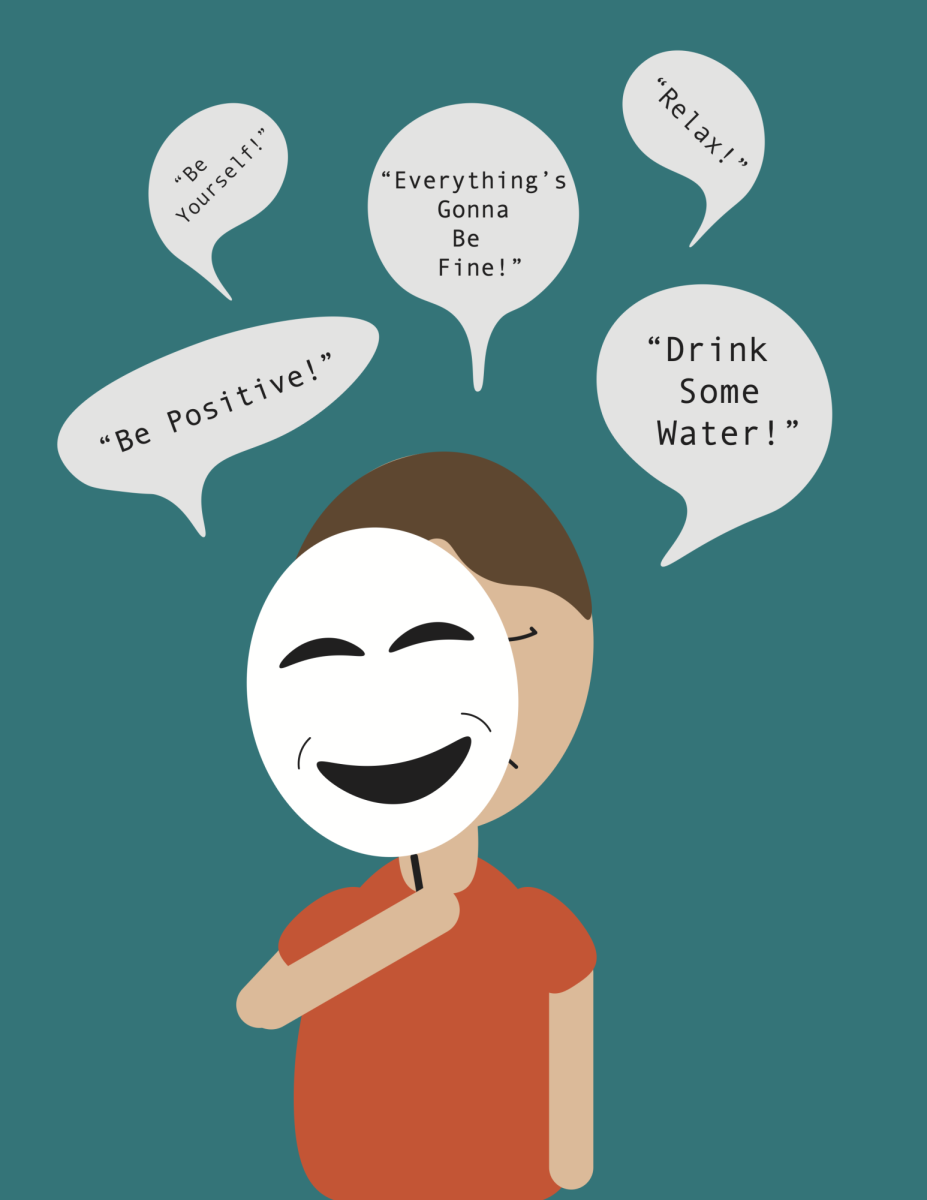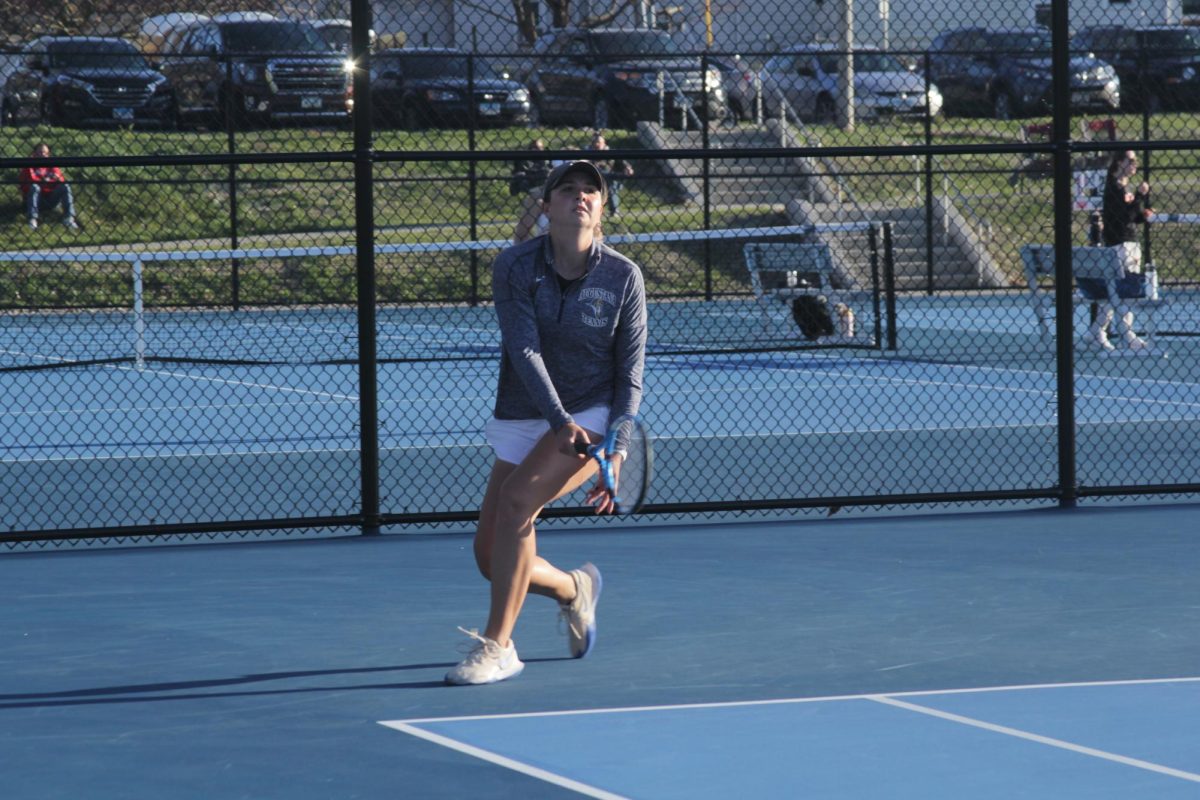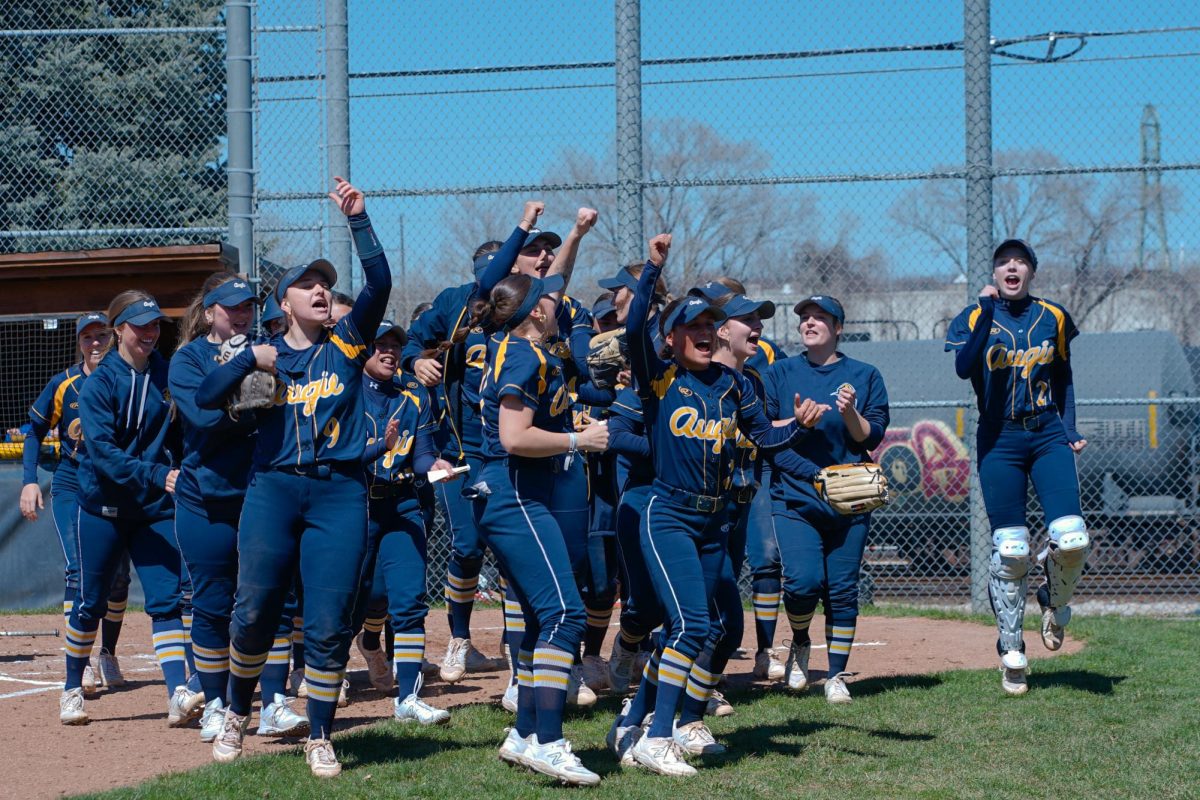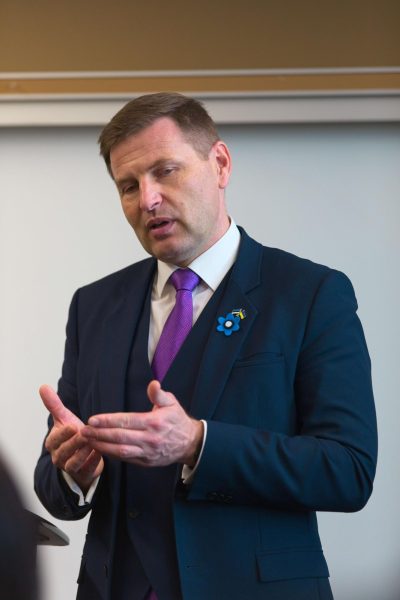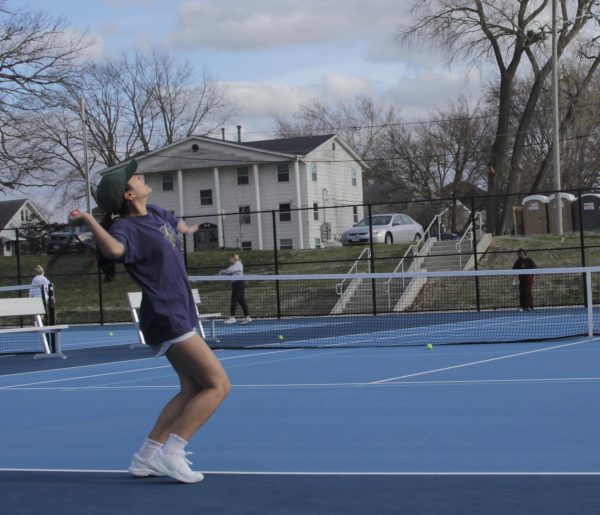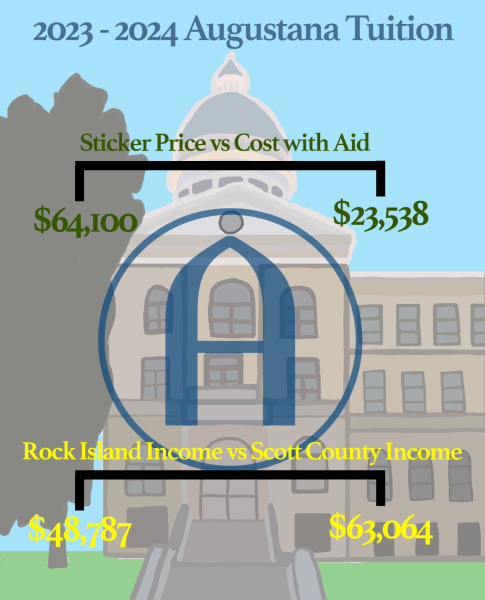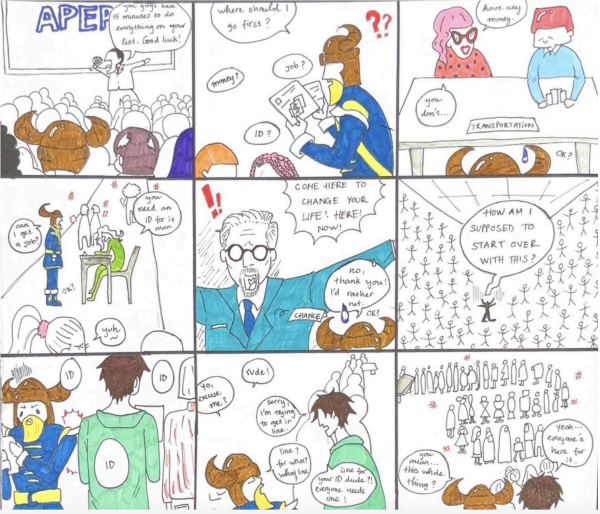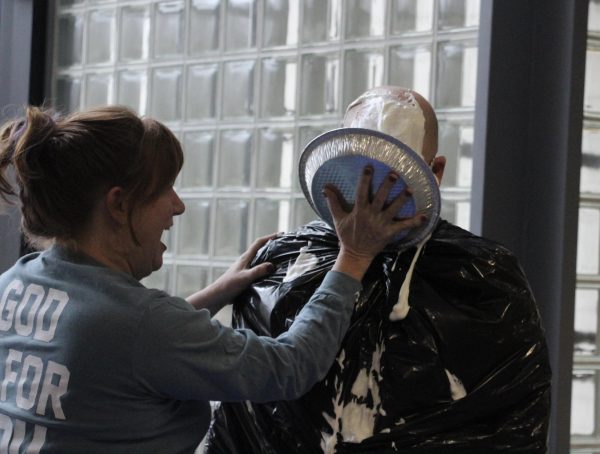Augustana preserves history with QC Pride Memory Project
October 27, 2021
Kathy Bowman, a member of Quad-Citians Affirming Diversity (QCAD), created The Quad Cities Pride Memory Project to remind people of the importance of respect for differences and tolerance for diversity. Bowman is communicating with Augustana students with the help of Christopher Strunk, associate professor of geography and coordinator of Latin American studies.
Bowman was motivated by the death of her friend, Joyce Wiley, founder of QCAD, a support group for gay and lesbian youth. Wiley, during her time as the leader, had served and supported hundreds of members of the LGBTQ+ community.
Wiley’s death made Bowman realize that the seniors of the LGBTQ+ community are dying and that their stories should be preserved before any more are lost.
“This community has a rich, diverse, and remarkable history of LGBTQ+ personalities, activities, and tolerance, which can serve as a model for other Midwestern communities. The stories of resilience can be models for how to move forward into the future of integration of LGBTQ+ people into full participation in citizenship,” Bowman said.
The project will span over three years. The first year will focus on recording oral histories from LGBTQ+ seniors of the Quad Cities community.
Strunk is the project manager, and his role is to lead a group of student volunteers to conduct and set up interviews.
“Right now we have a list of about 60 people who are interested in contributing in some way to this project by telling their history. What the students will be doing is recording and transcribing their interviews and oral histories,” Strunk said.
The second year, the project aims to produce a traveling exhibit and educational materials, which will be presented through a series of public gatherings.
“We’re hoping to present the exhibit at the Putnam Museum, and they’ve already kind of agreed to do that. The ideal time would be Pride Month,” Bowman said.
In the third year, the project will produce a broadcast length documentary film, made available for free online and for purchase on DVD. As a companion to the film, the project will release a Cultural Atlas of the Quad Cities, consisting of thematic maps, showing the lived experience of Quad Cities residents as they relate to LGBTQ+ life. The atlas will be available for free online as a PDF and for purchase as a book.
“Through storytelling, narrative histories, film, presentations and exhibits, the community will be invited to contemplate the progress that has been made regarding respect for our LGBTQ+ citizens, along with an understanding of what contributed to an atmosphere of tolerance unique to the Quad Cities,” Bowman said.
Clayton Peterson, member of the QC Pride Memory Project, acknowledged the importance of the project to him as a LGBTQ+ senior.
“In 1973, homosexuality was removed from list of mental illness. It was considered insane to be a homosexual, up until 1973. We have come a long way by being peaceful and being ourselves,” Peterson said.
Elisa Wynn, senior at Augustana and a student project volunteer, said the project highlights the different set of struggles that this generation LGBTQ+ community faces compared to older generations.
“There are a lot of difficulties that we don’t have to face today because of the resilience and courage of the older LGBTQ+ members, but at the same time, there’s a different set of struggles today and there’s still things that need to be fought for, like marriage equality in other countries or LGBTQ youth getting kicked out of their house,” Wynn said.
Through the project, Bowman hopes younger generations will continue to battle for the rights of LGBTQ+ community and the rights of every citizen to be who they are.
“A new generation of citizens needs to know the story of the struggles of their predecessors, the evolution of LGBTQ+ rights and responsibilities over the last 70 years. Through that understanding and the remarkable stories of courage, resilience and community building, there will be continued progress towards full inclusion in the community,” Bowman said.


